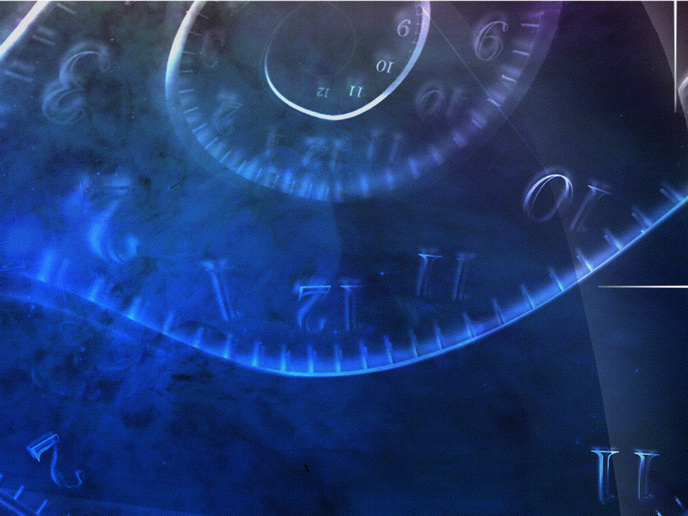
© rolffimages/stock.adobe.com
Prof. Christophe Salomon, director of research at France’s National Centre for Scientific Research, has won one of the four Balzan Prizes awarded in 2025 for furthering our understanding of today’s world and advancing knowledge without borders. Announced in Milan, Italy, on 8 September, the prize he is receiving is for his research in ‘Atoms and Ultra-Precise Measurement of Time’.
As described in the press release(opens in new window) issued by the International Balzan Foundation, Salomon is being recognised “for his pioneering contribution in paving the way for the application of ultra-cold atoms to the creation of atomic clocks which have revolutionised the measurement of time.” The other three prizes have been granted to three American scientists for research excellence in the categories ‘Classics: Athenian Democracy Revisited’, ‘History of Contemporary Art’, and ‘Gene and Gene-Modified Cell Therapy’.
The awards ceremony will be held in the Swiss capital of Bern on 14 November, in the presence of Maja Riniker, the President of the National Council of the Swiss Confederation. Each Balzan Prize, awarded in Swiss francs, corresponds to approximately EUR 800 000. The Balzan Foundation stipulates that half of this amount must be allocated to research projects carried out by young researchers.
Redefining the standard for measuring time with EU support
The Balzan Prize awarded to Salomon recognises his influential involvement in atomic clocks, ultra-cold gases and the study of quantum many-body systems. His research involves the development of laser-cooled caesium fountain atomic clocks, one of the most accurate time and frequency standards. As described in a ‘European Research Council’ press release(opens in new window), these atomic clocks form “the backbone of modern atomic timekeeping and the European ACES/PHARAO(opens in new window) space clock initiative.”
For his research, Salomon received EU funding through two projects – CRITISUP2 (Criticality and Dual Superfluidity) and FERLODIM (Atomic Fermi Gases in Lower Dimensions). The projects have provided insight into how matter behaves at ultra-cold temperatures and set the stage for breakthroughs in fundamental physics and technological innovation.
Chosen from two general categories – literature, moral sciences and the arts, and physical, mathematical and natural sciences and medicine – the four subject areas in which the Balzan Foundation awards excellence in research change each year. This year’s subjects were democracy, art, time and gene therapy – areas representing spheres of knowledge that the Foundation considers to be of great relevance to the world today and which contribute to humanity’s advancement. As the Foundation explains in its press release, rotating the subject areas in which awards are granted “makes it possible to give preference to new or emerging lines of research and to support important areas of study that are often neglected by other great international forms of recognition.”
The Balzan Prize subject areas for 2026 are ‘The Social Science of Digital Technology’, ‘Jewish Studies’, ‘Biodegradable Polymers from Renewable Sources’ and ‘Molecular Evolution: Decoding Patterns of Genomic Change’. The Foundation’s special prize for ‘Humanity, Peace and Fraternity among Peoples’ will also be awarded in the coming year.
For more information, please see:
CRITISUP2 project
FERLODIM project